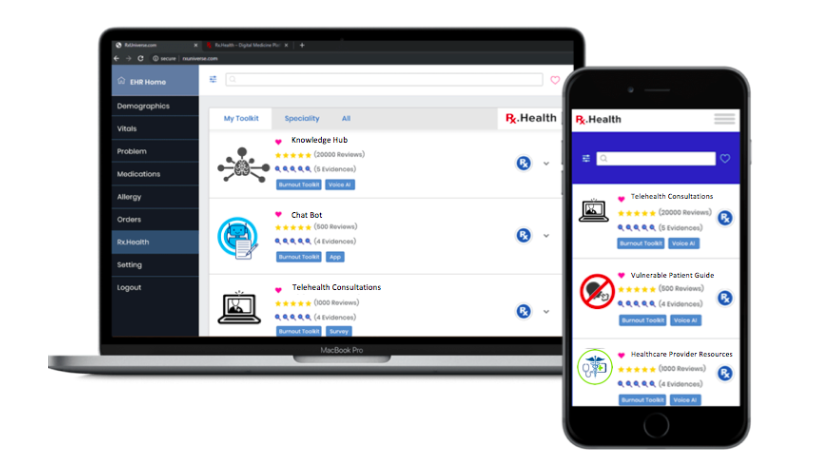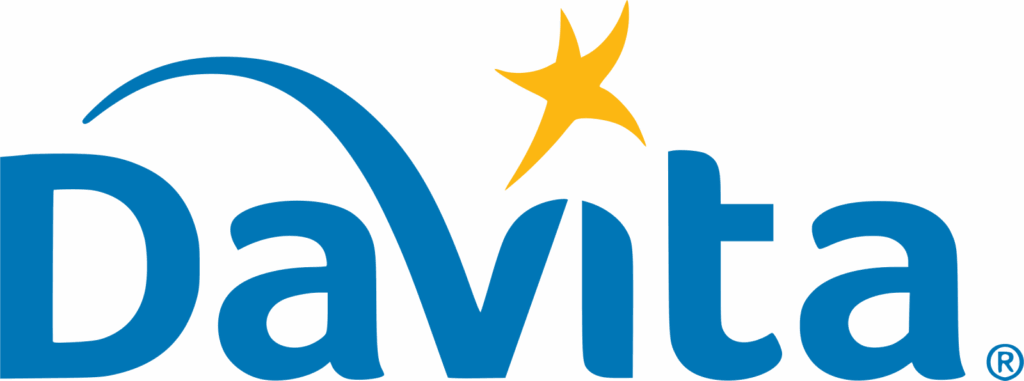
As hospitals across the country turn to telehealth to prepare for the Covid-19 pandemic, a Mt. Sinai Health System spinoff is putting together a set of digital health tools that hospitals can deploy quickly. Hospitals are finding telehealth helpful identifying patients that might have been exposed to the virus before they drive into an urgent care or hospital.
“Many systems are having their first visit be a digital triage instead of seeing a physician.” said Ashish Atreja, co-founder of Rx.Health and chief innovation officer of medicine at Mt. Sinai’s Icahn School of Medicine. “This may become a pivotal moment in digital health. Adoption has been growing,”
Rx.Health stitches together triage software, remote monitoring platforms and others digital health solutions, so that patient information can flow between them. Its Covid-19 toolkit includes electronic guides that can be sent to patients, digital triage linked with appointment reminders to identify patients at high-risk of exposure to the virus, a telehealth platform and tools to digitally monitor patients that have been quarantined. It also includes checklists and quizzes to help prepare health workers on the front lines.
For example, Atreja said Rx.Health integrated digital triage with appointment reminders, so that health systems can determine if a patient has a high risk of having been exposed to the virus. It also can be helpful in assuring the “worried well” that they can stay home.
Other startups have partnered with Rx.Health in launching the toolkit. They include Redox, a startup making it easier to share patient records between EHRs and health systems; Suki, a voice assistant for physicians; and Curai Health, a platform to help physicians gather the relevant information from a patient and their chart to make a diagnosis. Microsoft is providing cloud support.
Rx.Health has been creating toolkits for years. Normally, the company charges license fees for its platform, but it is temporarily waiving them. Atreja said it just takes one day to implement the toolkit.
Atreja said Rx.Health vets the technologies integrated into its platform by looking at clinical evidence, if they meet security requirements and HIPAA requirements, and if they follow clinical protocols. Since Covid-19 is so new, Atreja said the team looked at whether the companies followed protocols set by the Centers for Disease Control and Prevention and the World Health Organization.
He added that Rx.Health plans to integrate additional companies into the platform in the future.
“Our goal is to make it an open ecosystem,” he said. “Other partners who want to join in, we can stitch them together.”
Photo credit: Rx.Health










